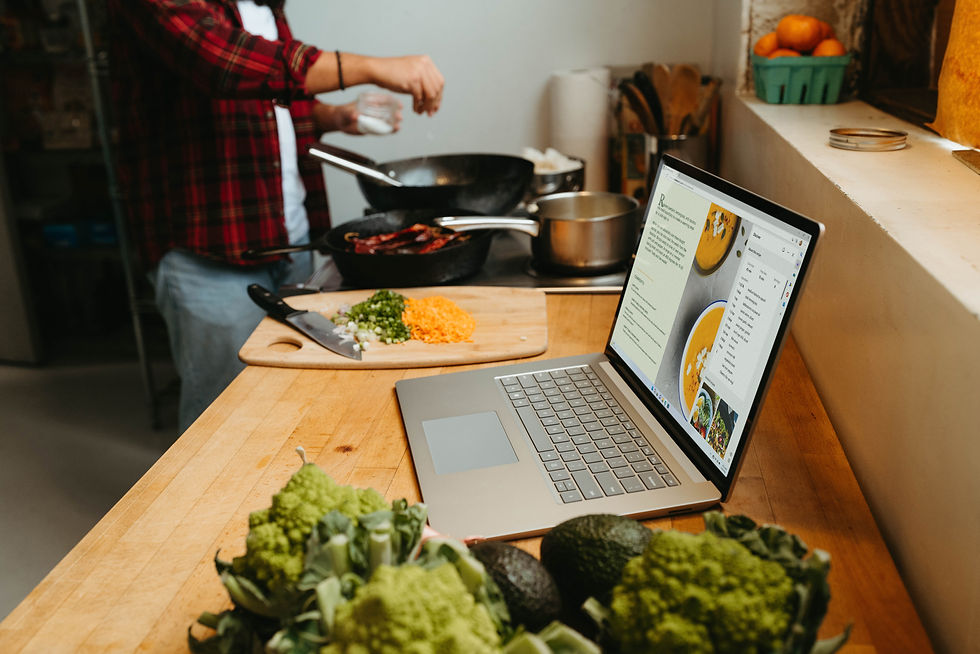How our gut microbiome affects our mental health
- The Acu Hub
- Jan 2, 2023
- 2 min read

The physiological wonders of our microbiome is fascinating. But now research is showing how important they are for our psychological health and wellbeing. We are starting to find many mechanisms for this. Currently we know that neurotransmitters are part of the communication method between host and microbiome (although the microbiome also influences the endocrine system), the creation of these neurotransmitters are influenced by the microbiome as is the release of them. In other words the microbiome makes and releases of molecules that are the main communication tool of the brain and nervous system. Grasping this is huge. In a groundbreaking piece of research on rats, whose DNA is not far from ours, it was discovered that by switching a microbiome of stressed rats to non-stressed rats and vice-versa, their behavioural and emotional propensities would match those of the microbiome they host!
We have yet to fully map the microbiome and all of its complexities, mainly because it is so vastly complex. However, we do know that there are distinct patterns in gut communities in those that suffer from depression, anxiety, schizophrenia and even autism. It has even been discovered that the microbiome can affect empathy and behavioural propensities in humans. Some of the mechanisms for this include neuropeptide synthesis and release, but also;
Inflammation
Nutrient absorption
Leaky gut
Hormone imbalances
Nutrient deficiency
Of the above issues, stress, diet and exercise are a factor, but the microbiome is also directly involved in all of them and can make issues persist even once stressors are removed or diet and exercise improved. The more research that goes into the gut, the more amazing results we are finding. Interestingly, the most healthy and diverse gut communities tend to be in nomadic tribes who have a much wider diet that we do, more like 200 ‘staples’, compared to 5 main vegetable crops we rely on. For ‘civilised’ communities, those with plant-based diets showed the most healthy microbiome. I even once saw an ad that was paying £40 to vegans for a stool sample. The main takeaway here is that diverse low fat, low sugar, high fibre diets are the best for the microbiome. Ultimately we are wholly reliant on our internal environment, which in turn, is wholly reliant on our external environment. The more we trash our planetary ecology, the more we seem to be affecting our internal ecology. We cannot separate the two and must begin to realise how connected we are and how we must begin to look after our planet in order to look after ourselves.




Comments